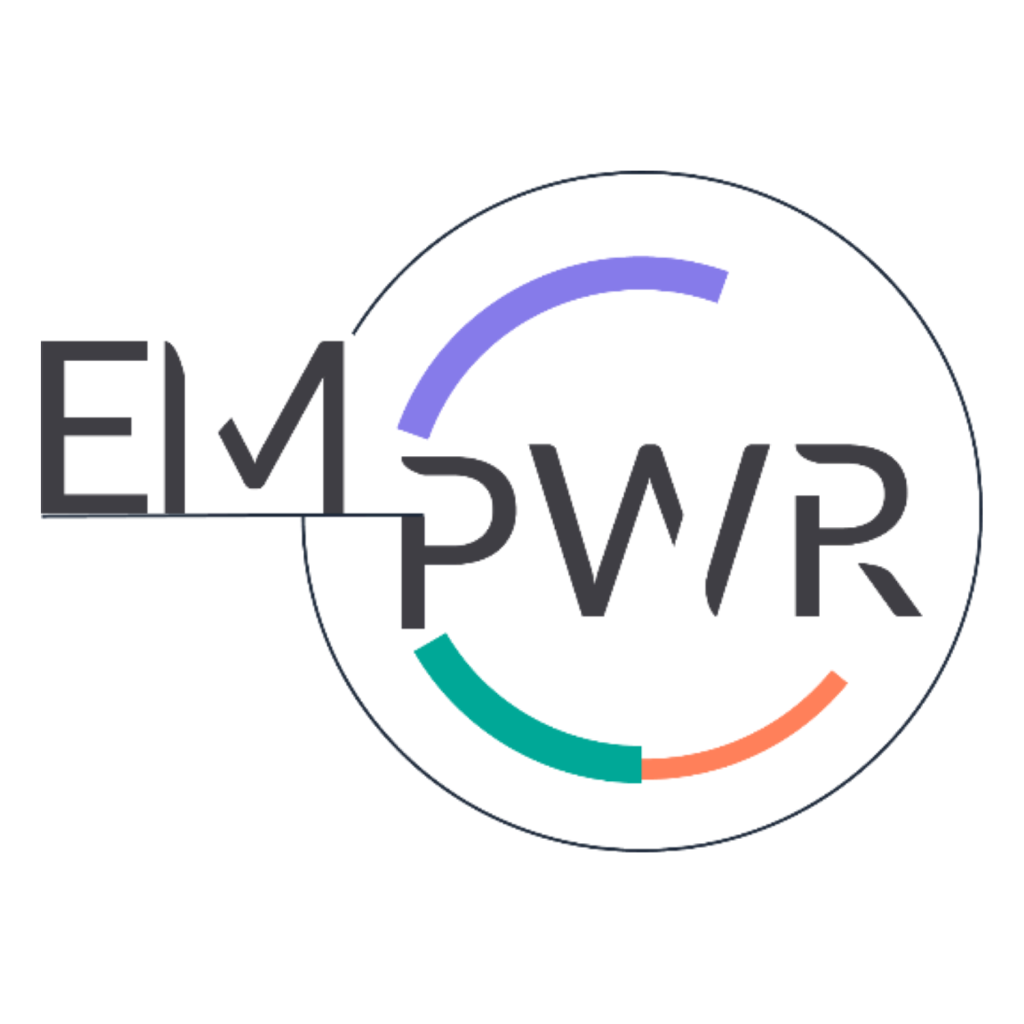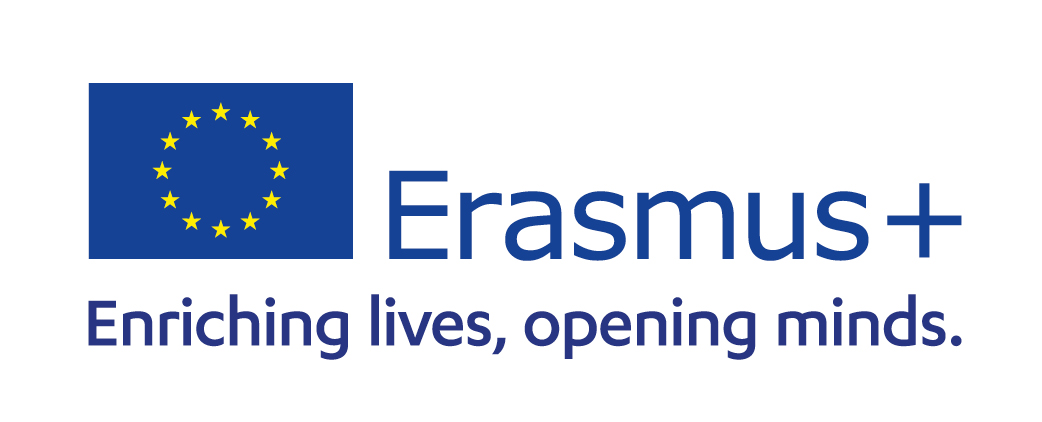

Erasmus+, KA2

The social economy (SE) is a growing reality in the economy and territory of the EU. It comprises 2.8 million enterprises and organisations in different forms – including cooperatives, mutual, social enterprises, associations and foundations – engaged in economic activity, representing 8% of GDP in the EU and 13.6 million workers, or 6% of employees in Europe.
From very small enterprises (VSEs) and SMEs to large groups, social economy entities operate in every sphere of activity. Given its importance and the breadth of its activities, the SE is a primary driver of innovative and enduring economic growth in Europe that is socially inclusive and environmentally sustainable. However, the main problem is that 50% of the newly born social enterprises survived less than three years; thus, many jobs continue to disappear across Europe. Additionally, youth unemployment has been on the rise in Europe due to the pandemic crisis and there is a lack of knowledge, research, and necessary tools to help this transition in the youth sector.
Social Enterprises’ sustainability/scalability is an ongoing challenge with several conflicts regarding the ideal formula toward this objective. Since this business model is expected to become an integral part of the economy of Europe in the subsequent years, the EMPOWER project aims at fostering sustainability and scalability of new and existing social enterprises and supporting young entrepreneurs through the development of new learning partnerships between the world of work and the world of youth provision.
The project’s objectives were to:
1. Build the capacity of front-line youth workers;
2. Support social enterprises owners, SMEs owners and young entrepreneurs;
3. Improve the digital entrepreneurship competences of young entrepreneurs and young people;
4. Develop a broad set of knowledge, skills, attitudes tailored to the needs of young people and young entrepreneurs to take the initiative and create healthy social enterprises;
5. Enhance synergies and complementarities among key stakeholders and the labour market.
The project outcomes are valuable tools and resources as they aspire to offer tools for youth workers/trainers to develop alternative ways of learning for young people and young entrepreneurs.
Four project results have been developed:
The scope of this result is to develop a modular training package that will be used by youth workers, educators/trainers for the training of young living or intending to move to rural areas, cooperatives, social enterprises owners, unemployed workers, NEET, young entrepreneurs, and youth active in social entrepreneurship.
The proposed Simulation Game will comprise a curriculum for training youth workers to develop their necessary skills and key competences and to apply these simulation games in their training. The Sustainability and Scale Simulation Game will include guidelines with an explicit learning outcome (LO) and allocated time for each learning unit. It will also contain a tutor manual, the latter enclosing contents about each scenario selected outlining what it is, why is it important, and its relation to other learning units. It will also introduce the Simulation Game assessment framework. This output will include workshops in the form of role-playing based on the content of real-world business cases.
MOOCs are online courses designed for a large number of participants, in which anyone can enroll. The courses are available for all, most of them without entrance prerequisites. MOOCs offer a complete online learning experience for free, while others offer the option to pay to obtain a verified certificate. The MOOC will be open not only to educators from the participating countries but also to anyone interested. It will be available in English. The MOOC will be included in the European repository SALTO to achieve an even larger spread to youth workers.
The “EMPOWER” policy paper explores the rising importance of social enterprises in creating economies that are both inclusive and sustainable. These enterprises uniquely address societal and environmental issues while also fostering economic growth. As our societal challenges evolve, the prominence of social enterprises as agents of change becomes even more apparent. This document gleans insights from established social enterprises to guide budding entrepreneurs, highlighting both the challenges faced and innovative solutions employed. It offers strategic advice for both industry practitioners and policymakers who aim to nurture this burgeoning sector. These strategies have been informed by the practical experiences encountered during the EMPOWER project. In addition, the paper showcases exemplary success stories from leading social enterprises. Anchored in the Erasmus+ European program, the EMPOWER initiative seeks to strengthen the foundation of social enterprises and support young entrepreneurs by seamlessly connecting professional and youth-centric realms. To find out more, go through the policy paper document below.

Our objective is to increase cooperation among the
members of the network, between Italy and Sweden
and, more in general, the North and South of
the European Union.
Stradone Martiri della Libertà, 15 – 43123 Parma (PR) – Italy | C.F.: 91251370374
Tel: +393483892600 – Website: www.sern.eu – Email: secretariat@sern.eu – PEC: secretariat@pec.sern.eu
© 2024 | All rights reserved | Privacy Policy | Cookie Policy